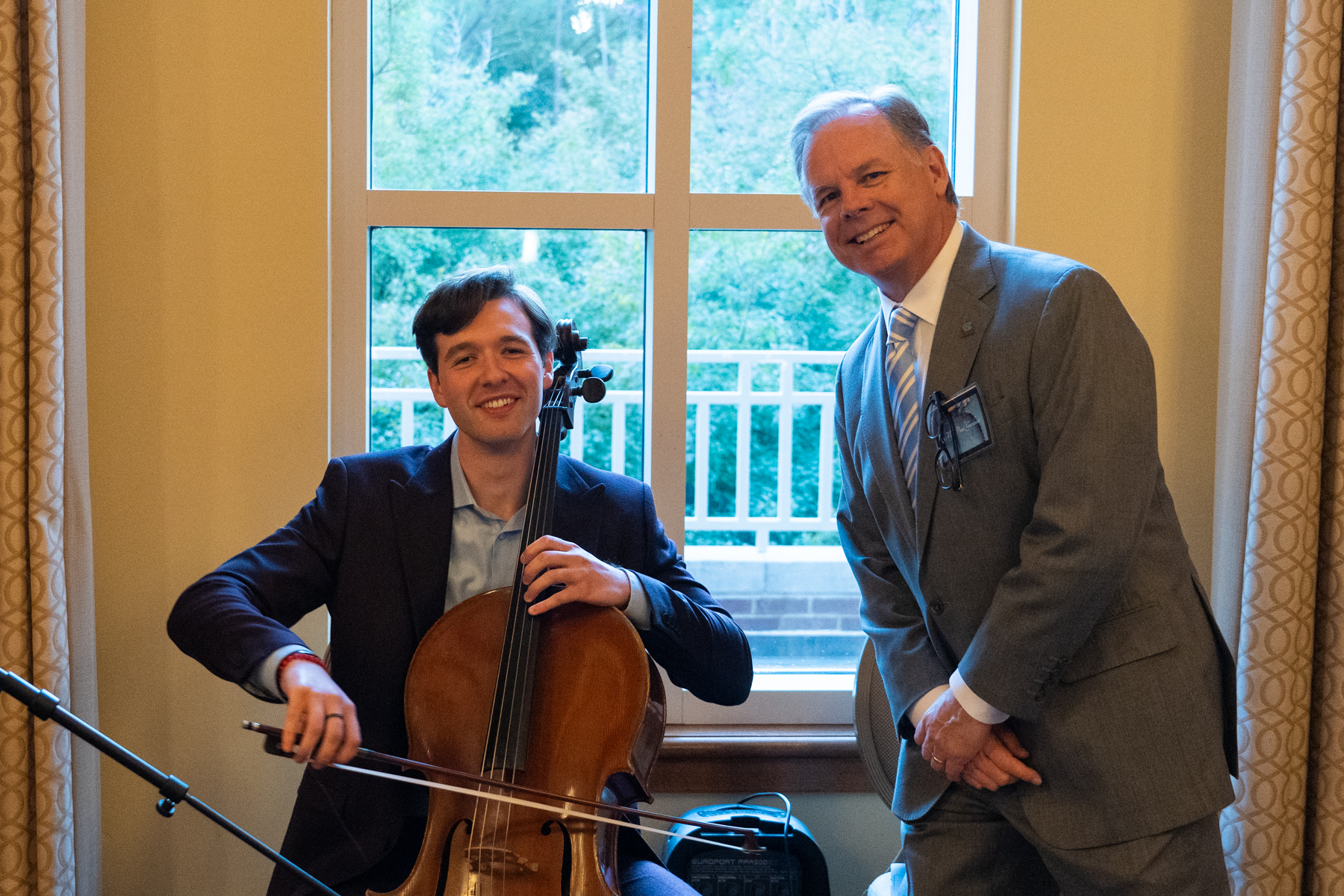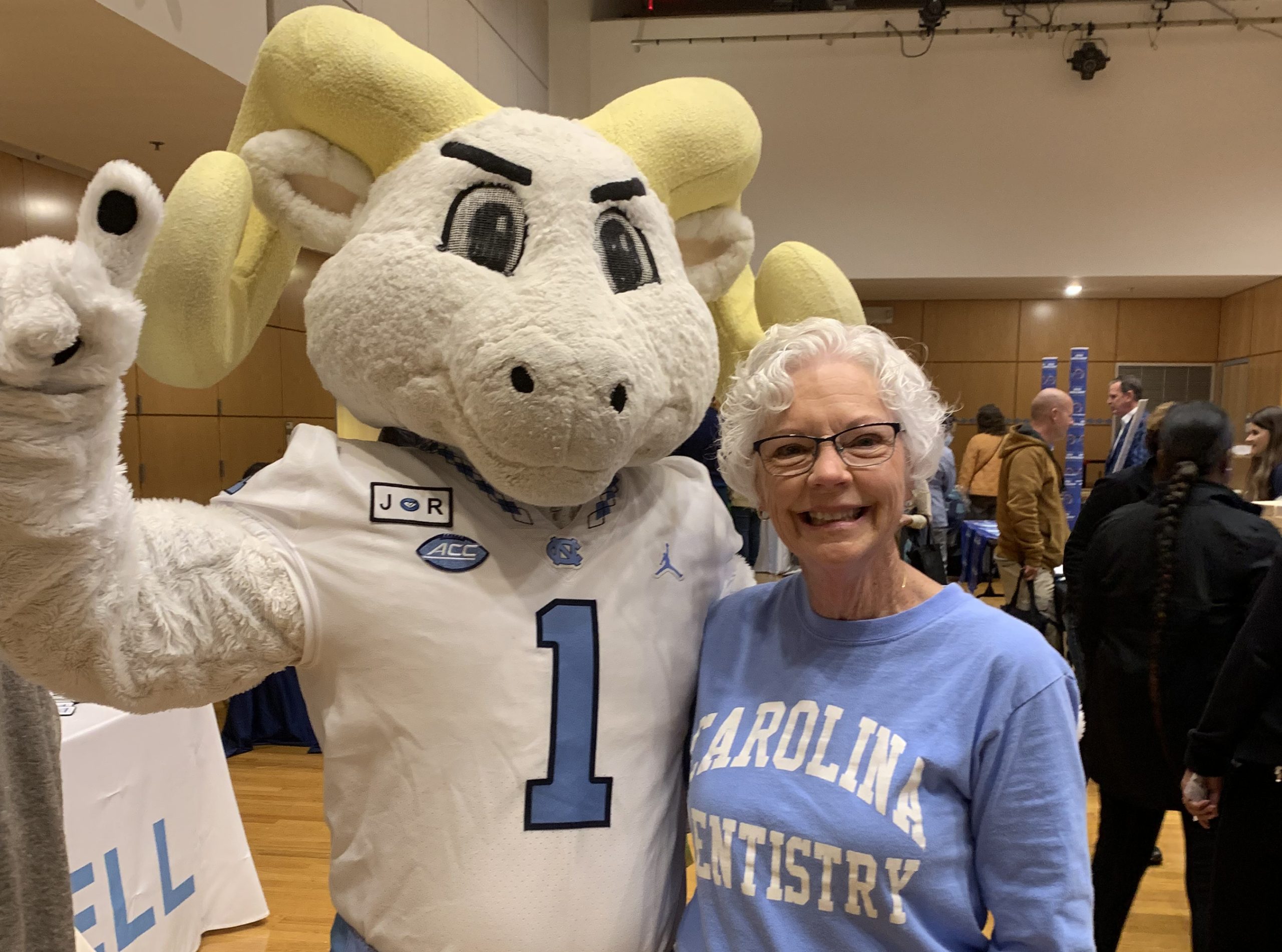Frazier-Bowers Receives TraCS Funding for Research
Dr. Sylvia Frazier-Bowers, an assistant professor in the UNC-Chapel Hill School of Dentistry’s Department of Orthodontics, is one of 26 awardees announced in the first cycle of North Carolina Translational and Clinical Sciences (NC TraCS) Institute large pilot grants for clinical and translational research projects.
Frazier-Bowers is the only School of Dentistry principal investigator selected in this funding cycle; other awardees are from the College of Arts and Sciences; schools of Medicine, Pharmacy and Public Health; and the Hamner Institutes for Health Sciences. This funding is matched by support from UNC-Chapel Hill schools, departments, centers and partner organizations.
A National Institutes of Health (NIH) grant called the Clinical and Translational Service Award (CTSA) established the NC TraCS Institute to transform translational and clinical research at the University and statewide. The institute’s goals are: to prepare and empower members of the academic community, health-care providers and citizens to participate in all aspects of the process of translating good ideas into health advances; to provide the advice and resources necessary to design and execute the best research projects; and to assure that the best discoveries and ideas evolving from the projects it supports rapidly become solutions to important health problems.
The institute received 64 applications in its first cycle of large pilot grants.
Frazier-Bowers’ project title is “Determining a Genotype-Phenotype Correlation in Ecodermal Dysplasias and Non-Syndromic Tooth Agenesis.” Dr. J.S. Marron, Amos Hawley distinguished professor of statistics and operations research in the College of Arts and Sciences, will collaborate with Frazier-Bowers.
Research indicates that congenitally missing teeth, also known as tooth agenesis, may occur in up to 10 percent of the world’s population. Severe forms of this condition, Frazier-Bowers said, are associated with ectodermal dysplasia (ED), which differs from non-syndromic tooth agenesis (NSTA) in also including abnormalities in the hair, craniofacial structures and other ecdodermal structures.
Frazier-Bowers’ previous research has focused on NSTA, with the goal of determining how two genes, MSX1 and PAX9, possibly contribute to this disorder. In her TraCS-funded research, Frazier-Bowers hopes to determine genetic and clinical variations that distinguish ED from NSTA.
“The results of this study will improve the diagnostic criteria and potential treatment planning for a common and debilitating disorder: inherited loss of teeth,” she said.
The NC TraCS Institute is one of 38 CTSAs nationwide. NIH projections are that the number will increase to 60 by 2010. For more information on the NC TraCS Institute, visit http://tracs.unc.edu/


